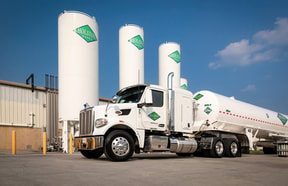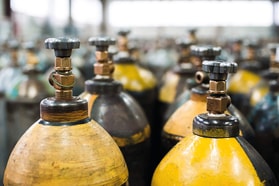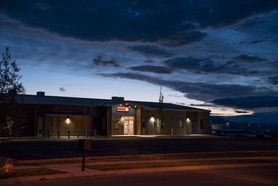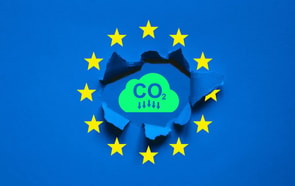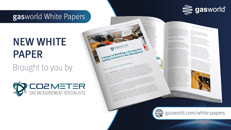JX Nippon and Sumitomo partner for SAF plant development in Louisiana
JX Nippon Oil & Gas Exploration Corporation (JX) and Sumitomo Corporation have formed a partnership to manage their investment in the Louisiana Green Fuels BECCS project.
Located at Port of Columbia, Caldwell Parish, Louisiana, the project involves the building of a sustainable aviation fuel (SAF) plant. The plant will convert woody biomass waste into synthesis gas, and then synthesise and upgrade it into SAF and renewable naphtha.
The plant will be powered by a biomass-fired power plant using sawmills and other woody biomass waste. Carbon capture and storage (CCS) technology to emit CO2 related to the site.
It is hoped that the site will begin commercial operations in 2029 and produce around 32 million gallons of SAF annually.
... to continue reading you must be subscribed





